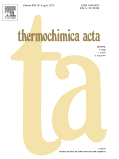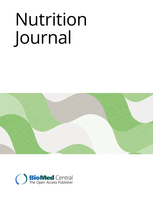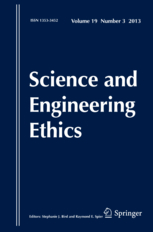 A neuroscience journal has issued a retraction after discovering some of the paper’s integral images didn’t originate from the authors’ labs.
A neuroscience journal has issued a retraction after discovering some of the paper’s integral images didn’t originate from the authors’ labs.
The retraction notice — for a study about a condition once known as “water on the brain” — cites an investigation by the journal’s publisher, Frontiers, which determined that the figures were not “duly attributed.” The authors say they agree with the retraction.
Here’s the retraction notice for “Revisiting hydrocephalus as a model to study brain resilience,” published by Frontiers in Human Neuroscience: Continue reading Authors didn’t generate key brain images, probe finds






